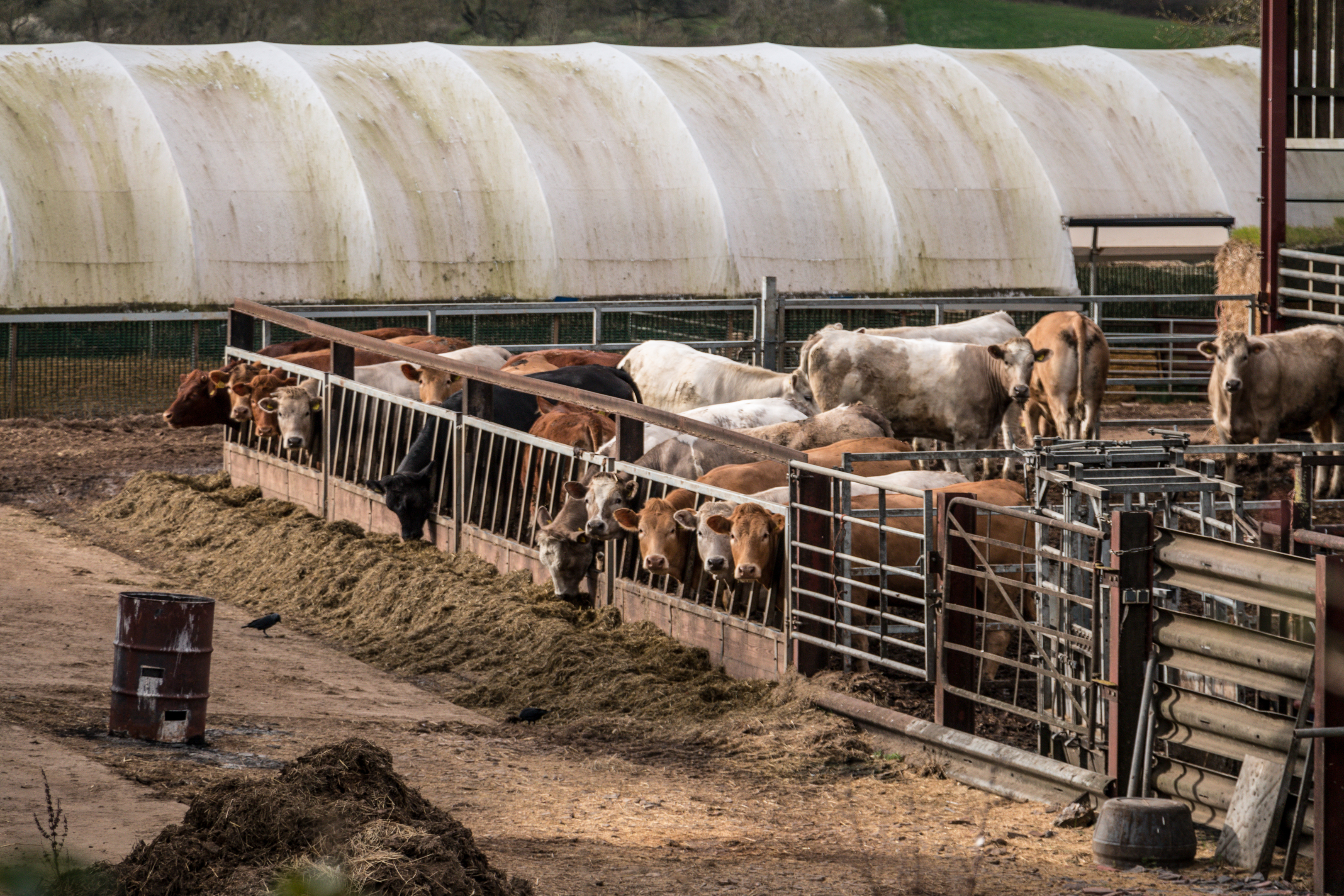
HOLYROOD has been urged to take action after Westminster MPs voted against maintaining the legal principle that animals are sentient beings.
MPs voted 313 to 295 against Green MP Caroline Lucas’s amendment on Clause 30 of the EU Withdrawal Bill, with SNP MPs voting in favour.
The amendment would have transferred the EU legal principle that animals are sentient beings into UK law.
OneKind, Scotland’s leading animal campaigns charity, has now called on the Scottish Government to ensure the principle is enshrined in Scottish law.
Director Harry Huyton said: “This has been a principle of EU law for twenty years. Its introduction was a landmark moment for animal protection in Europe as it recognised that all animals are sentient beings and that the European Union had a duty to ‘pay full regard to the welfare requirements of animals’ when developing and implementing policy.
“This has become a bedrock for animal protection across Europe and is a key legal principle. Its loss as a result of Brexit would be a major backwards step for animals and would send a strong message that the UK is willing to sacrifice animal welfare for economic gain.”
He added: “Whilst Westminster might be willing to take this step backwards, we can’t believe that the Scottish Parliament would.
“Today we’re therefore calling on the Scottish Government to urgently bring forward a proposal that would enshrine the principle of animal sentience in Scottish law.”
80% of animal welfare law in the UK currently comes from the EU, but ministers say sentience is covered in UK law by the Animal Welfare Act 2006.
Article 13 of the EU’s Lisbon Treaty states: “Recognising animals as sentient beings means recognising their capacity to, for example, feel joy, fear or misery, to think and make choices, and to enjoy the company of others.”
The law has enforced welfare standards for wild and agricultural animals across member states.
RSPCA Head of Public Affairs David Bowles labelled MPs’ decision “shocking”, adding: “Animal sentience is never mentioned in the Animal Welfare Act and, crucially, only domestic animals are really covered by the provisions of the Act anyway and animals in the wild and laboratories are expressly exempt.
“It is simply wrong for the Government to claim that the Act protects animal sentience.
“In the EU, we know that the recognition of animals as sentient beings has been effective in improving animal welfare across the region. If the UK is to achieve the Environment Secretary’s objective of achieving the highest possible animal welfare post-Brexit, it must do the same.”

Enjoy the convenience of having The Sunday Post delivered as a digital ePaper straight to your smartphone, tablet or computer.
Subscribe for only £5.49 a month and enjoy all the benefits of the printed paper as a digital replica.
Subscribe